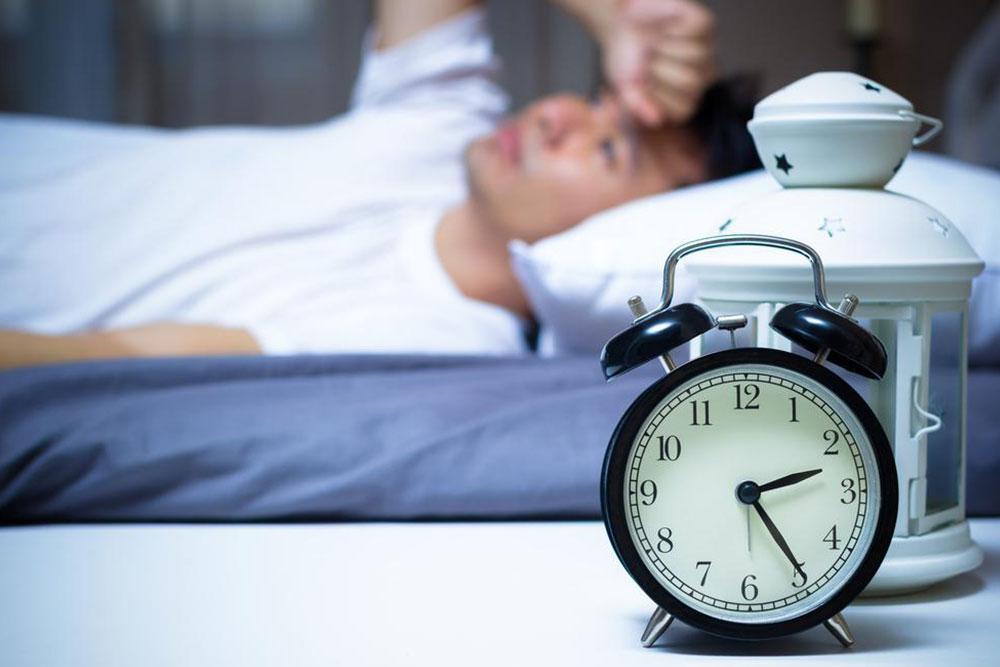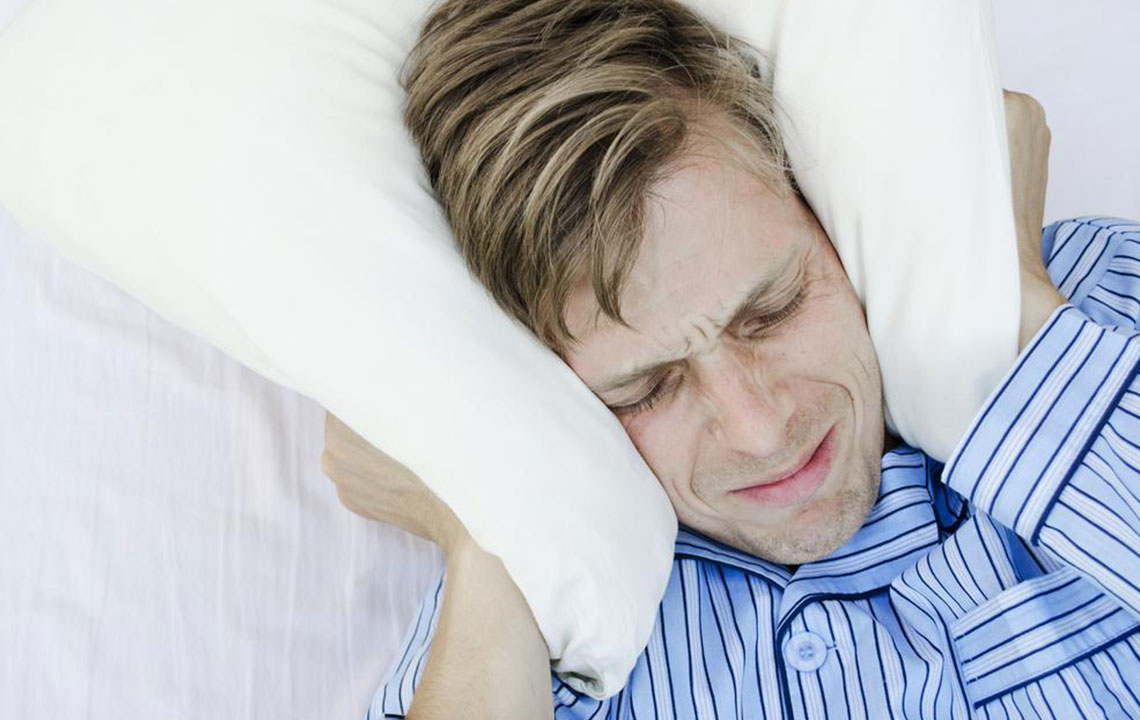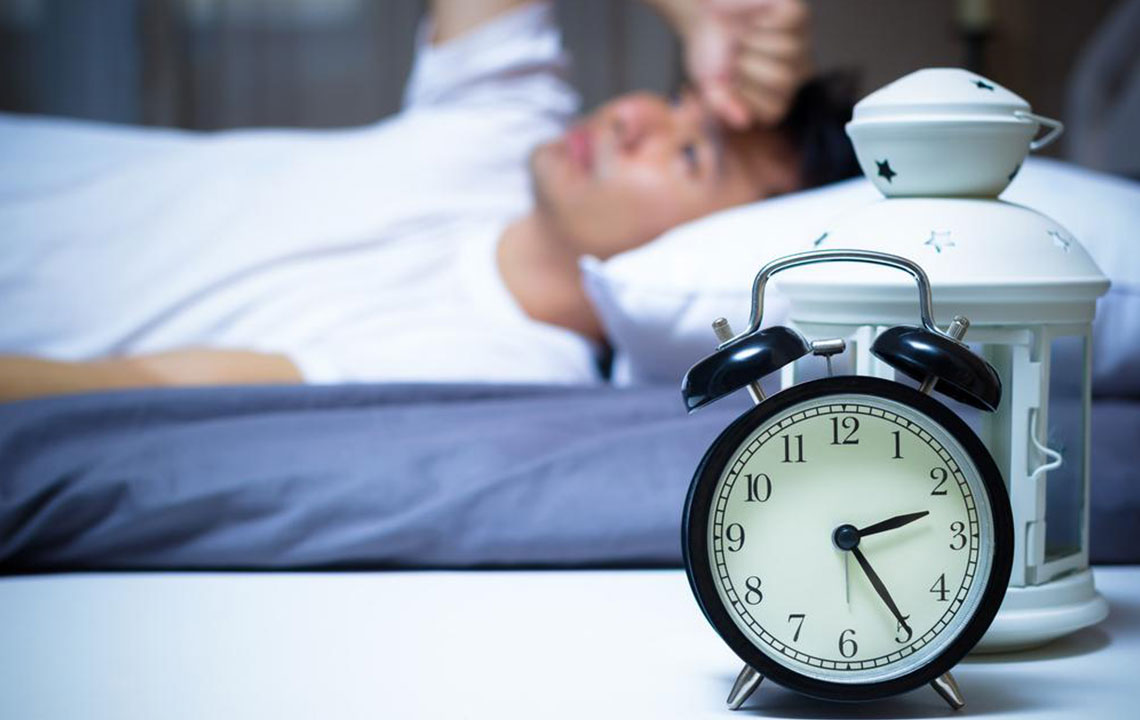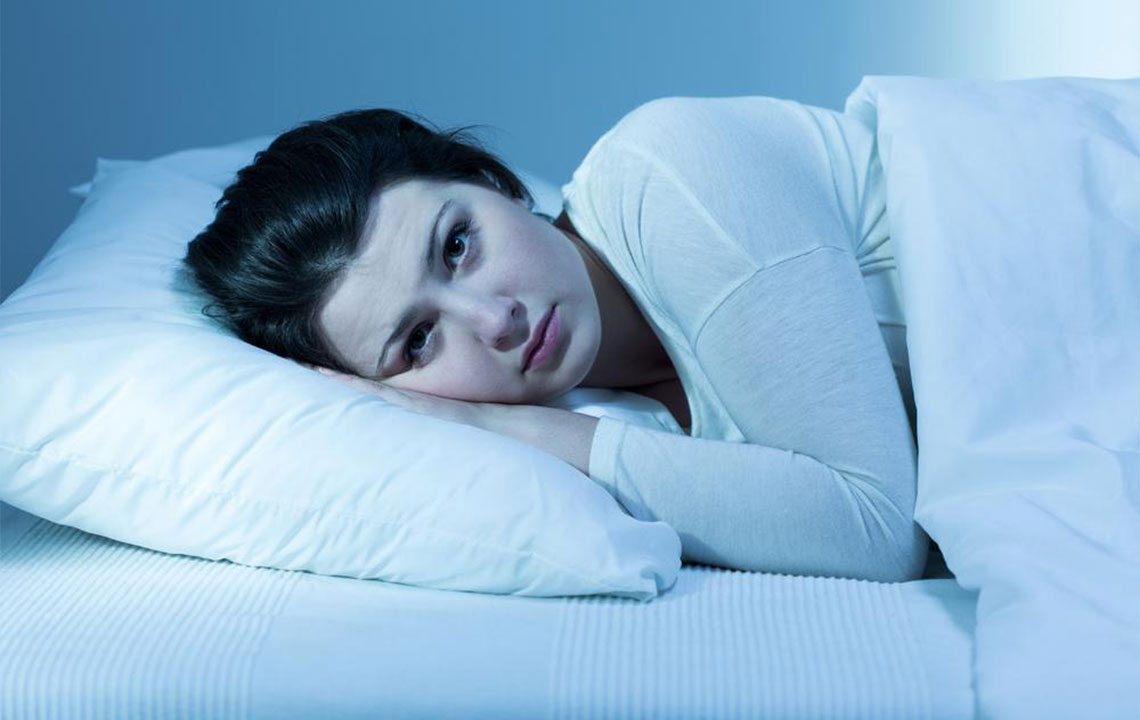Comprehensive Overview of Sleep Stages and Common Disorders
This article provides an in-depth look at the stages of human sleep and common sleep disorders, including symptoms, diagnosis, and prevention tips. It emphasizes the importance of good sleep habits for overall health and offers practical advice to avoid sleep disruptions. Understanding sleep cycles and disorders can help individuals seek appropriate care and improve their sleep quality naturally.
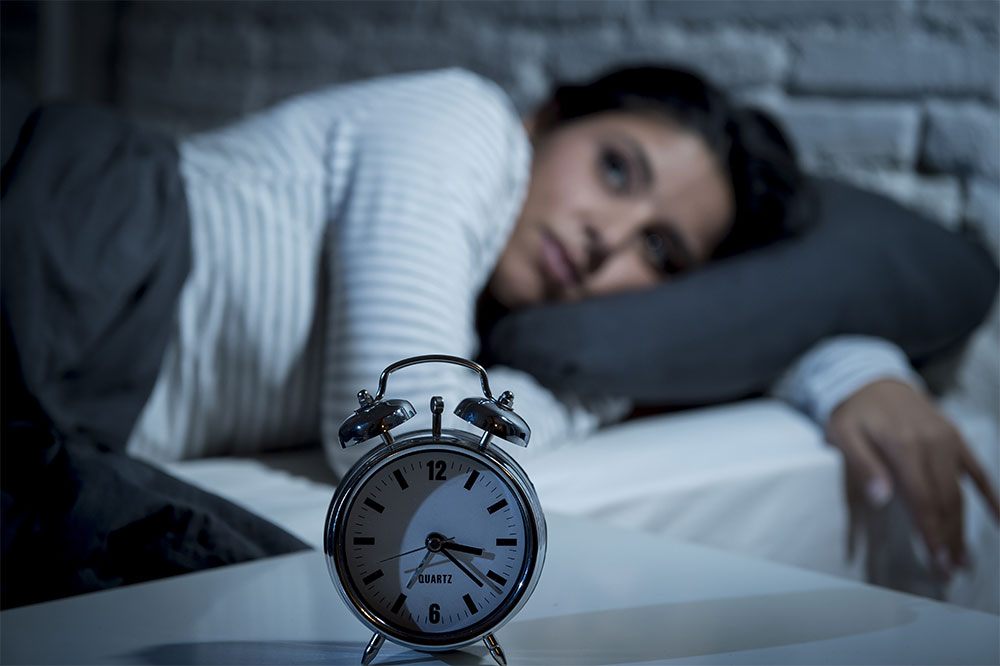
High-quality sleep is essential for overall well-being. Insufficient or poor sleep can negatively impact physical and mental health. While many stay awake due to entertainment, others suffer from sleep disturbances beyond their control.
Sleep Cycle Phases
Sleep disruptions are classified as sleep disorders. Human sleep occurs in distinct phases:
Stage 1
Transition from wakefulness to light sleep, known as non-REM sleep.
Stage 2
A deeper non-REM sleep stage, making up about half of total sleep.
Stages 3 and 4
Deep sleep phases responsible for physical restoration, comprising roughly 10-20% of sleep, mainly during the first half of sleep duration.
Stage 5
Also called REM sleep, this is when dreaming occurs.
Individuals spend varying amounts of time in each stage based on age.
Types of Sleep Disorders
Understanding different sleep issues is crucial:
Insomnia
Difficulty falling or staying asleep, often caused by stress. It can be temporary or chronic.
Parasomnias
Unusual behaviors during sleep, like sleepwalking, talking, or bedwetting.
Sleep Apnea
A serious condition where breathing temporarily stops during sleep, leading to fragmented sleep.
Narcolepsy
Sudden sleep attacks during the day, sometimes accompanied by sleep paralysis where one feels paralyzed upon waking.
Diagnosing Sleep Issues
Doctors may evaluate your sleep problems through questions and tests such as:
Sleep Study
Monitors body movements, oxygen, and brain activity during sleep.
Electroencephalogram (EEG)
Assesses brain electrical activity.
Blood Tests
May aid in diagnosing certain sleep disorders.
Prevention Tips for Sleep Disorders
While medical treatment is recommended, some preventive measures include:
Avoid caffeine late in the day
Engage in regular exercise
Maintain consistent sleep schedules
Avoid naps late in the afternoon
Have light dinners
Take warm baths before bed to promote relaxation
Following these guidelines can help reduce the risk of developing sleep disturbances, contributing to healthier sleep patterns.
Disclaimer: The information provided is for educational purposes only and not a substitute for professional medical advice. Always consult healthcare providers for diagnosis and treatment of sleep disorders.

